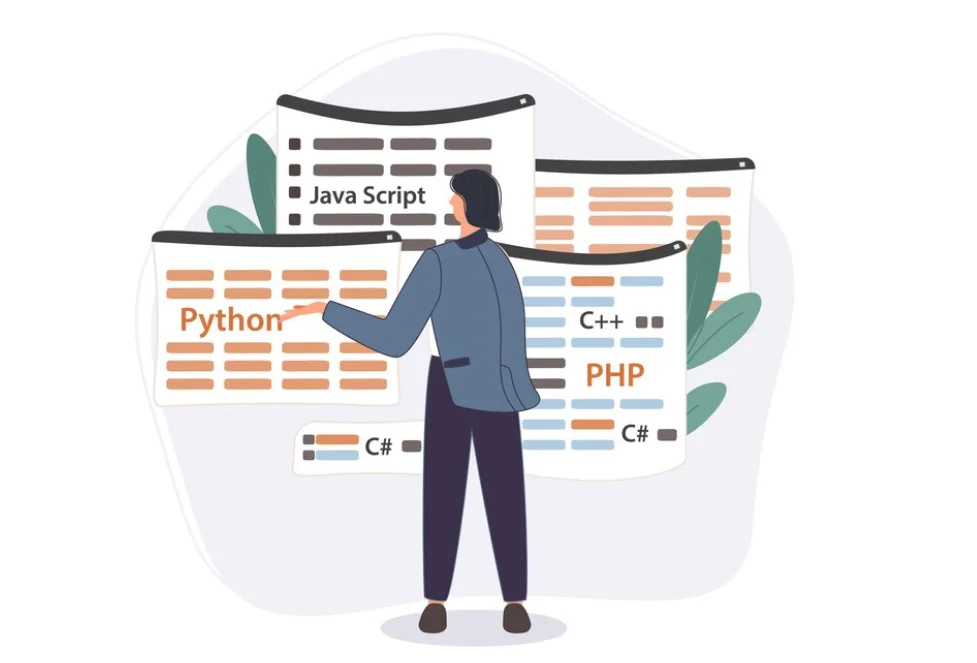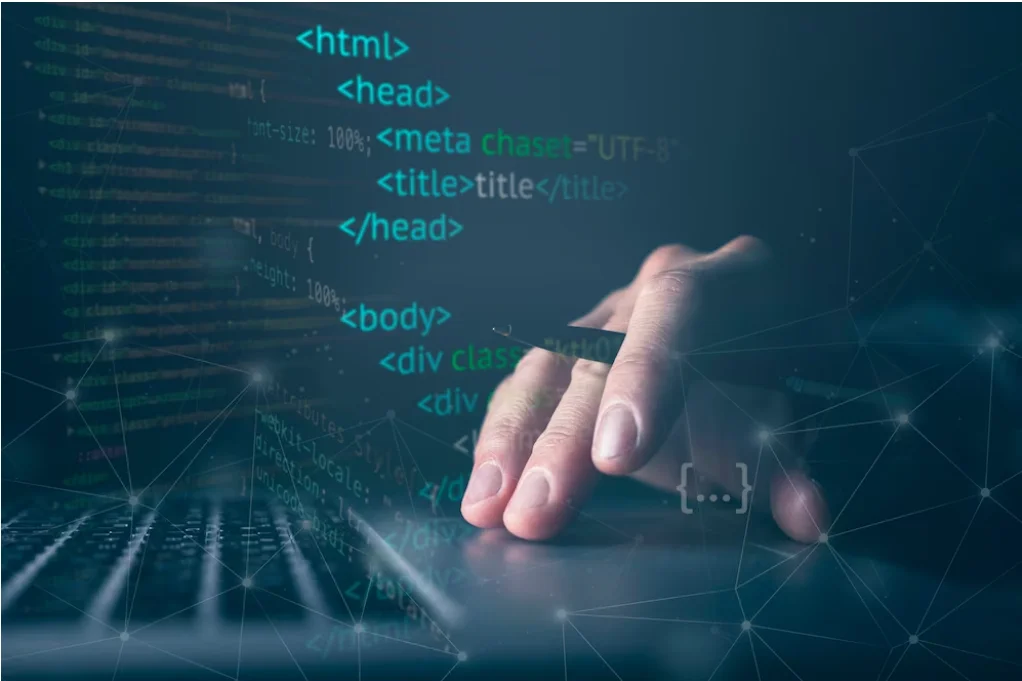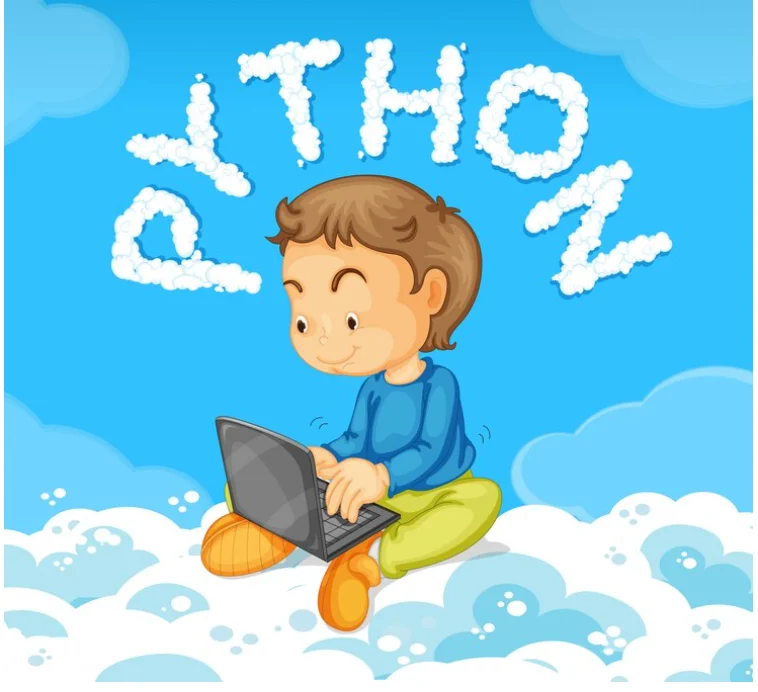
In the poem ‘The Zen of Python’ by Tim Peters, there is a profound line: ‘Errors should never pass silently.’
Surprisingly, it is also a lesson one must master to become an excellent programmer.
Put simply, learning Python, a bright star in the programming ecosystem, extends far beyond acquiring proficiency in a programming language.
It catalyzes more than coding abilities; it empowers students with the skills and confidence necessary to thrive in “Tomorrowland”– a world dominated by robots and AI.
In 2015, 1,000 students and parents were surveyed by Ocado Technology to assess their receptivity to computer programming, and the results were astonishing. Python surpassed French as the preferred programming language in primary schools.
The surveys indicated that six out of 10 French parents prioritize Python over French. This trend transcends borders; tech-driven nations like the USA, UK, Singapore, and India are experiencing similar shifts.
If this trend continues, as we expect, children will soon be learning how to control robots from an early age, shaping their technological prowess and skill sets.
Python was created by Guido van Rossum and first released on February 20, 1991.
Python is maintained by the Python Software Foundation.
The Python programming language is named after the British comedy sketch series Monty Python's Flying Circus.
Why Python is popular?

Python is appealing because of its ease of use and adaptability. Anyone with an inquisitive mind may easily grasp it thanks to its simple grammar, which is similar to plain English.
While the code in some languages reads like old runes, Python’s code follows a recipe-like format that leads you step-by-step toward your goal.
For novices, this gradual learning curve is ideal.
Python is a great choice for:
- Web and Internet development
- Scientific and numeric computing
- Education: brilliant for teaching programming
- Desktop GUIs
- Software Development
- Business applications
- Games
How Does Python Help in Building Skills and Confidence?

Python’s versatility and widespread adoption make it a valuable tool for students in various fields. By mastering Python, students gain not only technical proficiency but also develop problem-solving skills, logical thinking, and computational reasoning. These skills are indispensable in navigating the complexities of the future, where technology intertwines with every aspect of our lives.
Furthermore, Python’s prominence in machine learning and AI further solidifies its significance. As these fields continue to revolutionize industries, Python equips students with the foundations to understand and contribute to cutting-edge advancements.
It enables them to explore data analysis, pattern recognition, and the development of intelligent systems, giving them a competitive edge in the rapidly evolving landscape of businesses.
Python’s user-friendly syntax and extensive libraries also foster a supportive learning environment, making it accessible to students of varying skill levels. It encourages experimentation, creativity, and collaboration, allowing students to explore their ideas and turn them into reality. Through hands-on projects and practical applications, students gain a sense of accomplishment and build the confidence to tackle complex challenges.
Recommended Reading: 5 Reasons Why Kids Should Do Summer Camp On Python
Tips to Foster Confidence Through Python Lessons

1. Start with the basics
Begin by introducing students to the fundamentals of Python programming, such as syntax, data types, variables, and control structures. Encourage them to practice writing simple programs and gradually increase the complexity as they become more comfortable.
2. Engage in hands-on projects
Assigning practical projects and exercises is an effective way for students to apply their knowledge and develop their skills. Projects can range from creating a simple text-based game to building a web application or analyzing data sets.
3. Leverage online resources
There is a wealth of online resources available for learning Python, such as interactive tutorials, video courses, and coding challenges. Platforms like Codecademy, Coursera, and edX offer Python courses specifically designed for beginners.
4. Encourage collaboration
Engage students in collaborative programming exercises or group projects. Working with others allows students to share ideas, solve problems collectively, and gain exposure to different approaches. Collaborative coding platforms like GitHub can facilitate this process.
5. Provide real-world examples
Demonstrate how Python is used in various industries and domains, such as data science, web development, and artificial intelligence. Showcasing real-world applications can inspire students and help them understand the practical relevance of their Python skills.
6. Debugging and problem-solving
Emphasize the importance of debugging skills and problem-solving techniques. Teach students to identify and fix common errors, use debugging tools, and systematically approach programming challenges.
7. Practice with coding exercises
Regularly assign coding exercises that target specific concepts of programming techniques. Websites like HackerRank and LeetCode offer various coding challenges categorized by difficulty level. These platforms also provide solutions and discussion forums for students to learn from others.
8. Encourage exploration
Encourage students to explore the Python ecosystem beyond the core language. Introduce them to popular libraries and frameworks like NumPy, Pandas, Django, and TensorFlow. This exposure can spark curiosity and encourage them to experiment with different tools and technologies.
9. Foster a growth mindset
Programming can be challenging, so it’s crucial to foster a growth mindset among students. Encourage them to embrace mistakes as opportunities for learning, persist in problem-solving, and celebrate their achievements as they progress.
10. Showcase projects and achievements
Provide opportunities for students to showcase their Python projects and achievements. This could include presenting their work in class, participating in coding competitions, or contributing to open-source projects. Recognizing and celebrating their accomplishments boosts confidence and motivates further learning.
Confidence Boosters: From Zero to Hero

- Celebrate small wins: Every line of code written, every bug fixed, is a victory. Acknowledge progress and pat learners on the back (or virtually high-five your coding buddies).
- Focus on the process: Don’t be discouraged if your child doesn’t master a concept right away. Learning is a marathon, not a sprint. Let them enjoy the journey of exploration and discovery.
- Set realistic goals: Start with achievable goals and gradually increase the difficulty as your child gains confidence. Remember, progress is made in small, steady steps.
- Find passion: What sparks your child’s curiosity? Is it data analysis, web development, or maybe creating AI? Find a niche that excites them and let it fuel their learning journey.
With dedication, a dash of curiosity, and a sprinkle of support, your child can pick up programming skills and confidence, one line of code at a time.
Bonus Tips for All Learners:
- Read code written by others: Learn from the masters! Analyze open-source projects and see how experienced developers write Python code.
- Contribute to open-source projects: Give back to the community by contributing your skills to existing projects. It’s a great way to learn and gain valuable experience.
- Never stop learning: The tech landscape is constantly evolving, so stay curious and keep exploring new libraries, frameworks, and technologies.
In conclusion, building skills and confidence in Python programming requires consistent practice and a supportive learning environment. Encourage students to persevere, explore, and have fun while learning this powerful programming language.
Moonpreneur is on a mission to educate and ignite the flames of entrepreneurship through our holistically created online STEM programs, which will help kids master the futuristic sciences such as Robotics, Game Development, App Development, Advanced Math, Math-Quiz to test your kids knowledge and much more!!
Register for a free 60-minute robotics workshop today!

















Best age to introduce python programming to kids??
Children can begin learning Python, at around 7 years of age, depending on their individual capabilities and interests.
Why is python a good choice for beginners?
Python is often considered a good language for beginners due to its simple and readable syntax, making it more accessible for young learners.